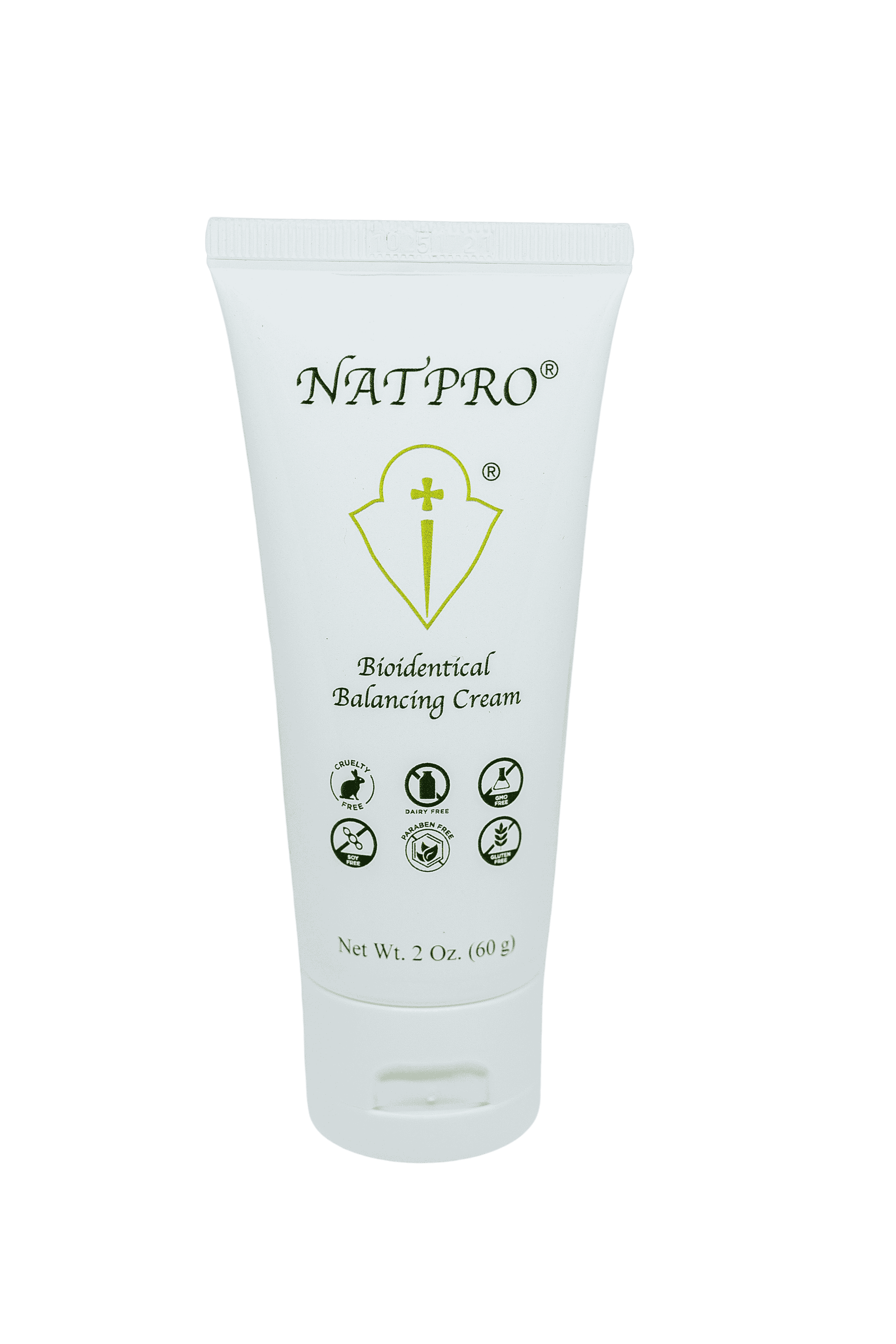Progesterone for Children
by David G. Mills
(Memphis, TN, USA)
I have a grandchild that was born with a chromosome defect and which caused her to have an abnormal brain (holoprosencephaly and microencephaly). All things considered, she is doing very well, but she is quite delayed in her development. She did not crawl until she was fifteen months. She is now 25 months and still does not walk although she "cruises" around coffee tables and the like quite well. We are optimistic that she will be walking soon without assistance. She is learning to sign and she knows a few words but not as many as a normal child her age.
But she surprises us with what she understands. When her mother and father could not find her older sister's "Leapster" (an educational toy) after searching for an hour, this child, when she got up from a nap, heard her parents talking about the Leapster being missing, and crawled down the hall into the room where it was and found it and then let them know she had found it.
She has what is known as a "6q deletion 25 seq to terminal" (extremely rare condition - we know of only a hundred or so people with this condition in the world). In essence that means the the long chromosome on pair six is shortened. We estimate maybe she is missing 80 - 90 genes as there are about 1500 genes on pair six.
Other than her brain, all of her organs are normal and all of her extremities are normal as well.
But anyway, I wonder whether or not progesterone, since it is a brain hormone and seems to be of great benefit to people with brain injuries, could help her development and what would be a proper dosage to give someone her age. I realize it would be highly experimental. But if it could not harm her (or could it?) why not try it?

